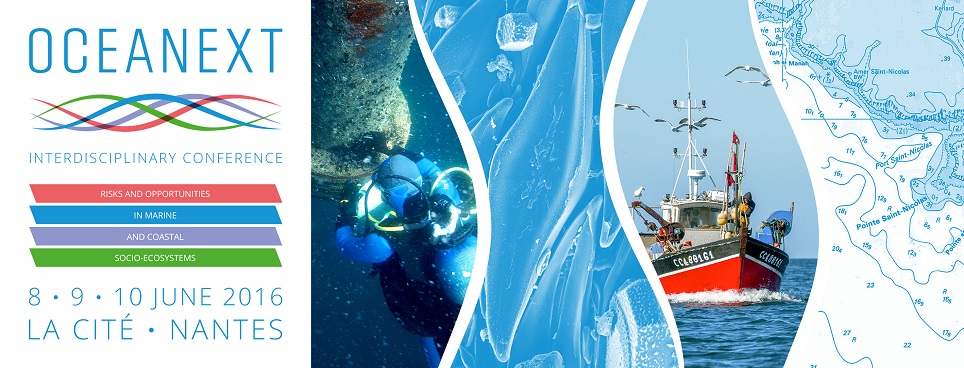The CFP is the result of many "talks" that brings together different actors (producer organization representatives, elected members of regional fisheries committees, fisheries scientist experts , NGO and "civil society" representatives, EU Commission members, etc.) involved in matters relating to the management of marine resources. Using an interpretative model, our presentation aims at highlighting the strategies adopted by these actors in order to influence in their favor the European regulations related to the fishing industry.
This model, referred to as "socio-economic space of marine fisheries" is designed by using three types of capital - economic, political and symbolic - from which actors are situated. The position of an actor in this social space is the result of a "capital portfolio" that will be more or less important at the occasions of these "talks".
The "deep-sea fishing" file will be used as an empirical support for the understanding of the model. On the occasions of "talks" on this issue, the actors have mobilized different types of capital (economic and symbolic), they have moved closer to some other actors in order to enter into alliances and they have mobilized their political capital in looking for support from elected representatives who may put forward in 'Brussels' their interests. Henceforth, the CFP may also be considered as a temporary compromise of these games of actors

 PDF version
PDF version
